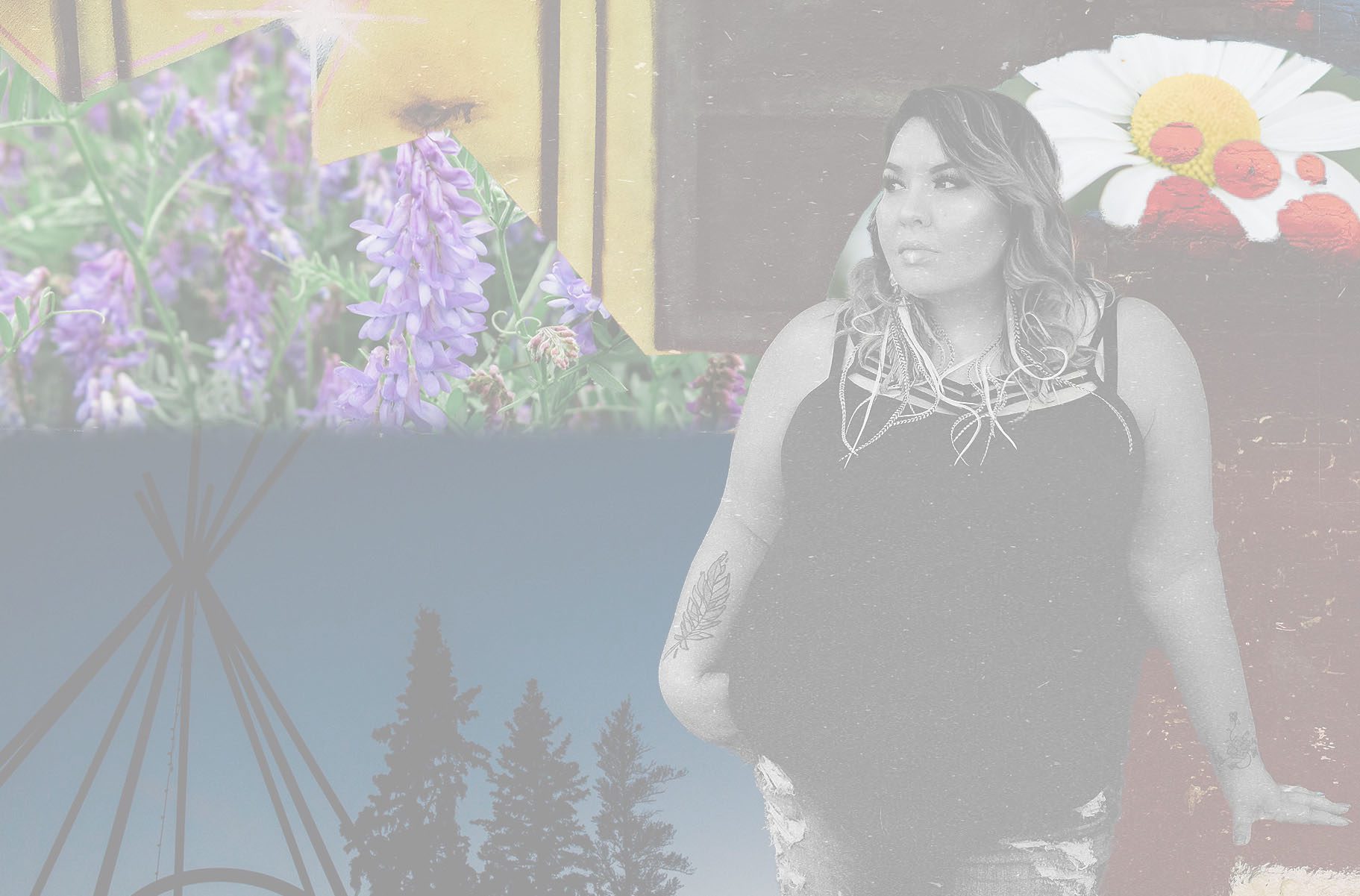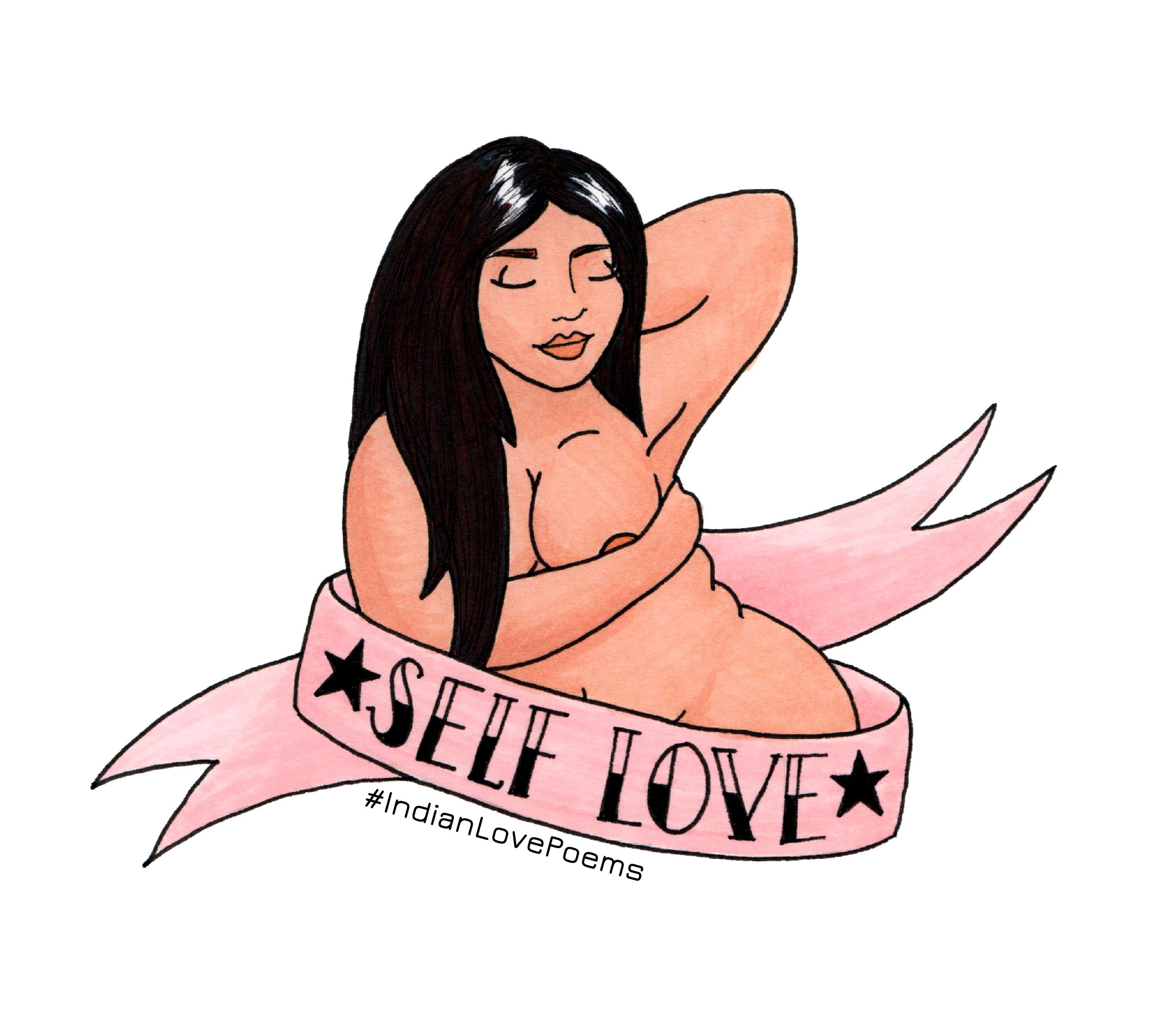
“In the play, Mojica focuses on the journey of Contemporary Woman #1 as she tries “to recover the history of her grandmothers as a tool towards her own healing” (136). The plot revolves around this search for identity, with the “blue spot” signifying “Indian blood” (141). Contemporary Woman #1 and her companion Contemporary Woman #2 travel through stories of other Indigenous women, both real and fictional. Their journey intersects directly with the enacted stories of four of these women, each of whom represent a group of women from history. Firstly, there is Mexico’s La Malinche, the partner of the Spanish invader, Hernán Cortez; secondly, the Woman of the Puna/Deity/Virgin of colonial Peru; thirdly, the First Nations wives of the fur traders in Canada; finally, there is Pocahontas herself, represented in various historical and contemporary guises.” (Source)
One of the more interesting parts for me was seeing all the characters these women transform into – women who have shaped history but are rebuked for it, women who have carried men’s achievements then are blamed for it. There are also 13 transformations and 4 directions, lots of big numbers in Indigenous knowledge.
Random things that I liked/connected with:
- the blue spots that are a sign of Indigenous blood. This both made me laugh and sigh as my daughter has those, and when her daycare worker was changing her, she thought I may have spanked her too hard, and I had to explain what those spots were.
- they ask where Pocahontas’s mother was when she was “fawning” over John Smith
- in the transformation where the Native woman is crying the man, pleading for him to get up as she supports him, at the end he gets up and walks off stage, and she says “I don’t want to do this without you,” and we see that she already has, and it’s startling because we see the emotional strength and the vulnerability there
- having just read Anni Mae’s story, the small section about her and how she was killed hit home
- the acknowledgement of trying to fit feminist shoes – there is this whole discussion about what it means to be Indigenous and Feminist – points of intersectionality, I think? – and to have that awkward feeling acknowledge is good
find the book: Princess Pocahontas & The Blue Spots – Monique Mojica


